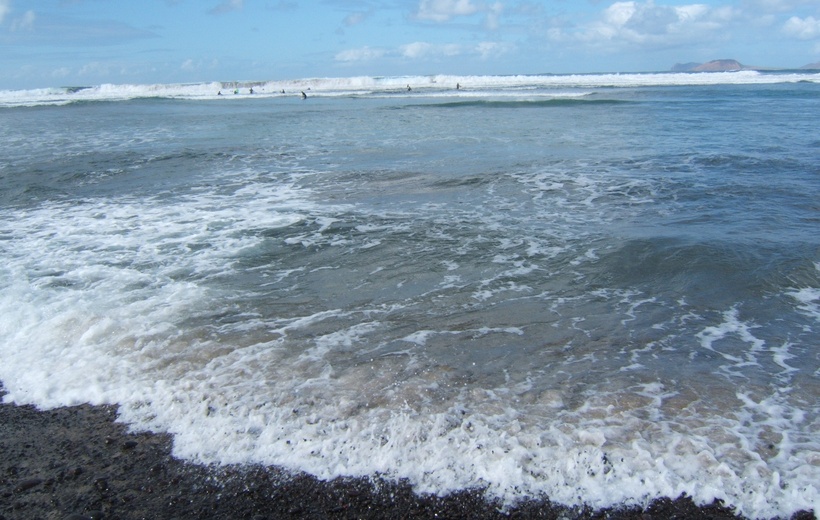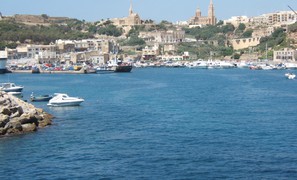Oceans are increasingly affected by heat, acidification and oxygen loss

Climate change is increasing the temperature of the ocean’s surface water and its acidity and decreasing its oxygen content. These changes are already affecting marine life and fisheries. Fish are migrating from the warmed parts of the oceans, leaving local populations with a sharp reduction in fish catches. The extra CO2 absorbed by the oceans is making seawater more acidic, dissolving the shells of marine creatures. Too little oxygen can induce large-scale mortality of marine life. And heated oceans also increase the risk of hurricanes.
In the last 100 years, the frequency of marine heat waves has increased by tens of percents, and they last much longer now. Ocean acidification is in a nearly permanent state of extremes. Low oxygen content locally even leads to dead zones.
These changes are worrying. What’s even more worrying is the fact that these extremes – high temperature, high acidity and low oxygen content – can occur at the same spot at the same time. These compound marine extremes have occurred in recent years, are likely to happen again in the future, and will disrupt marine ecosystems and fisheries around the world. Such compounded extreme events can have a much larger impact than that of individual stressors.
The ’triple threat’ of compound extremes of heat, acidification and little oxygen in ocean waters used to be relatively rare, but that’s no longer the case. Since the 1960s, these triple threat extremes ‘have expanded 39‐fold, now last 3‐times longer, and have become 6‐times more intense since the early 1960s’, researchers conclude in a recent publication in the journal Advancing Earth and Space Sciences. 2.3% of the volume of the global top 300 meters of the oceans is now under conditions of triple compound extremes. The top 300 meters reflects the habitat range of vertically migrating organisms. These compound extremes are the most severe in the tropics and north Pacific Ocean.
Source: Wong et al., 2024. Column‐compound extremes in the global ocean. AGU Advances 5.






